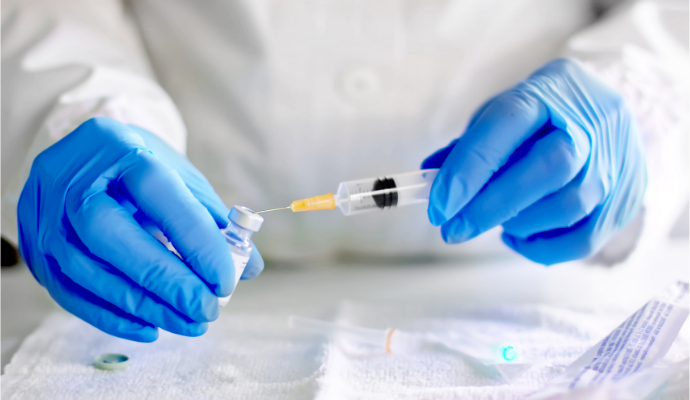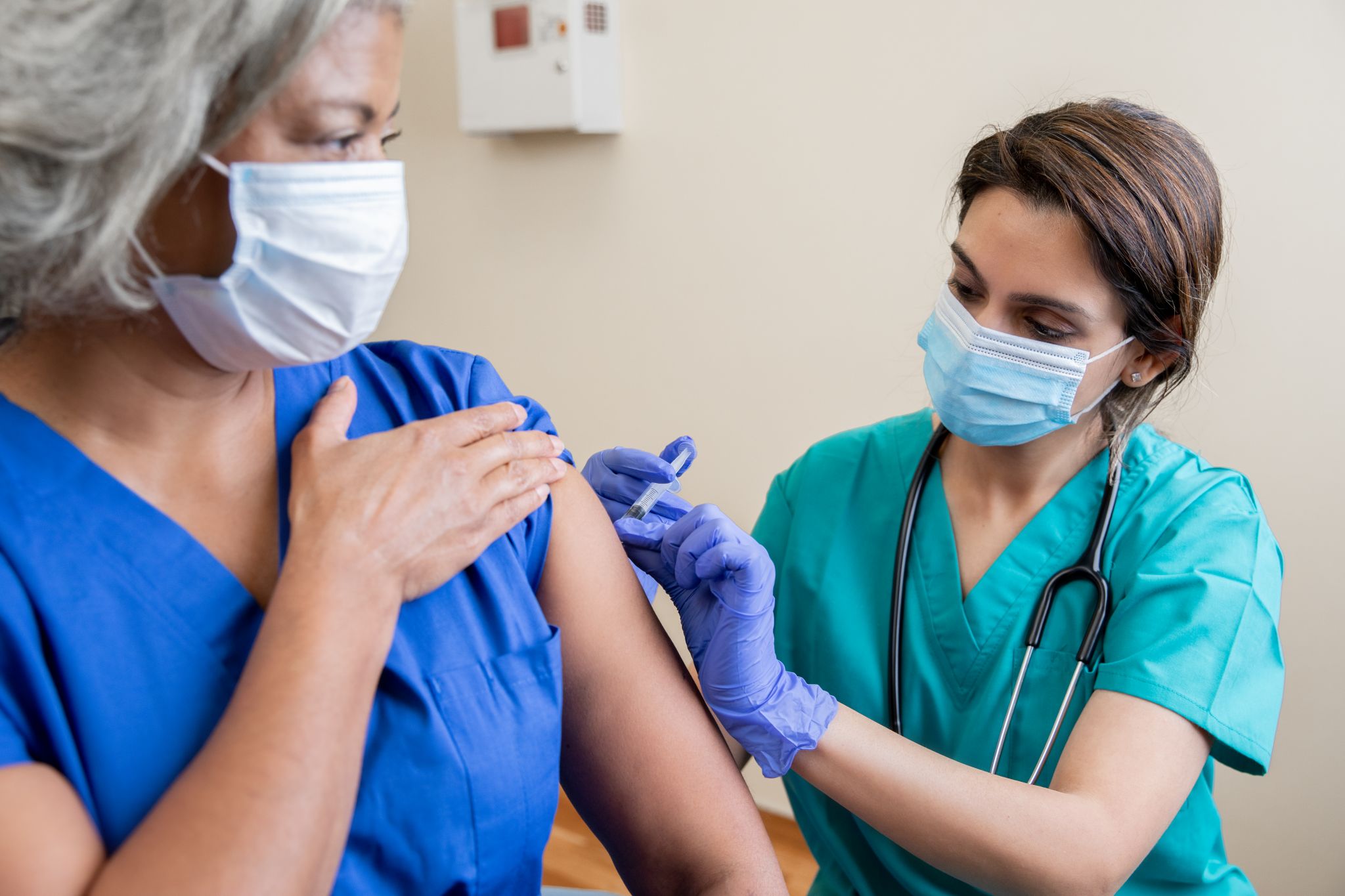
News brief
- According to a Monday press release from the firms, Pfizer and partner Valneva have started a large Phase 3 study for their potential Lyme disease vaccine.
- In order to advance Valneva's candidate, known as VLA15 and then in Phase 2 clinical testing, the partners formed a partnership in 2020. The two businesses announced encouraging findings from a further Phase 2 research in February, paving the way for the just begun Phase 3 trial, which will evaluate a three-dose series.
- The sole option for a Lyme disease vaccine now under research, according to Pfizer and Valneva, is VLA15. In 2002, GSK withdrew the Lymerix vaccine off the market as a result of customer concerns and weak demand.

Into the news
In the US, Lyme disease is widespread. A bacteria that infects ticks and spreads to people is what causes the sickness. Fever, rash, tiredness, and other flu-like symptoms are among the symptoms.
If detected early enough, antibiotics can be used to treat the illness. However, lyme disease can also harm the heart, assault the nerve system, and cause arthritis if ignored or if discovered too late.
According to the Centers for Disease Control and Prevention, it is becoming increasingly prevalent in the United States, with the majority of cases appearing in July when more people are outside. There is no preventative approach since Lymerix has been discontinued, however there is a Lyme disease vaccination for animals.
6,000 people in Europe and the United States who are 5 years of age or older will participate in Pfizer and Valneva's trial, VALOR, or Vaccine Against Lyme for Outdoor Recreationists. The three-dose primary series will be followed by either a booster dose of VLA15 or a saline placebo for the subjects.
The firms believe they might approach regulators for clearance as early as 2025 if the trial is successful.
Upon release, VLA15 would be the first Lyme disease vaccine since Lymerix. The New Yorker claims that following litigation against GSK, which were motivated by public perceptions that the business had misled them about the risks of the vaccine, drugmakers decided against funding another vaccine. In 2003, GlaxoSmithKline resolved two cases after contesting the charges.
The incident served as an illustration of how conveying information about vaccinations and their negative effects may be challenging and prone to error, as was the case with COVID-19 doses.
Source: biopharmadive.com








